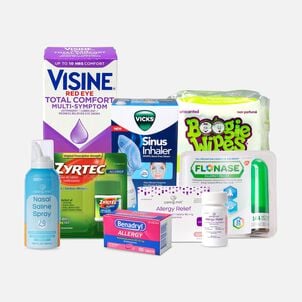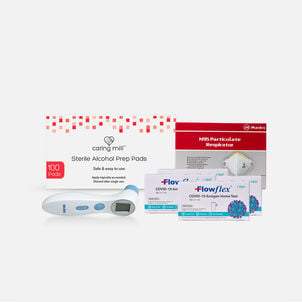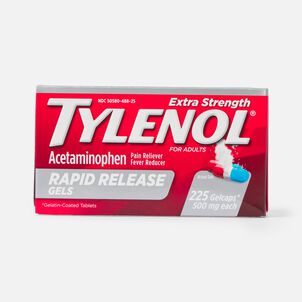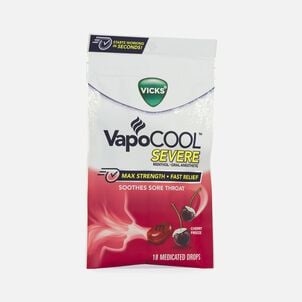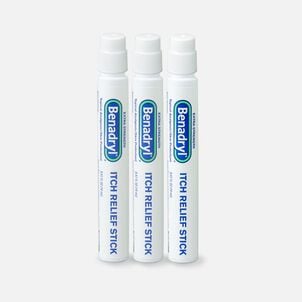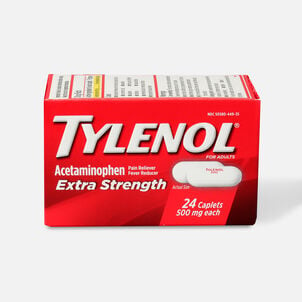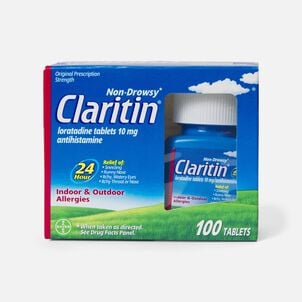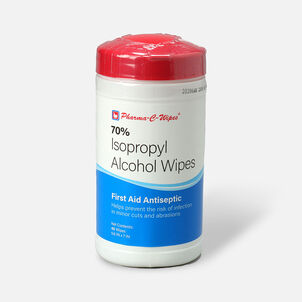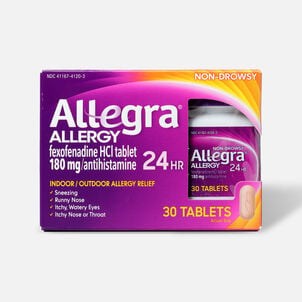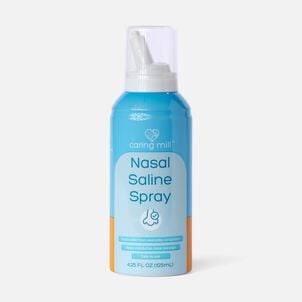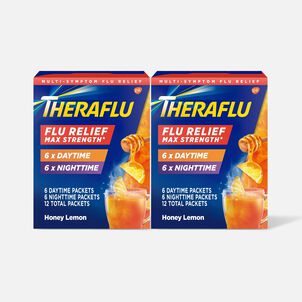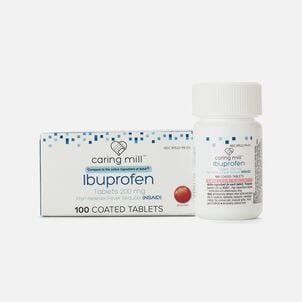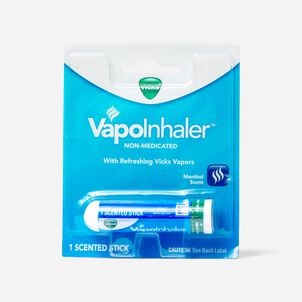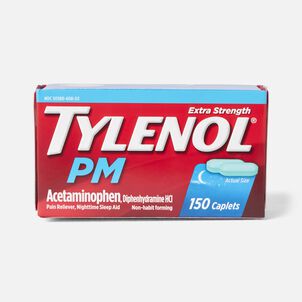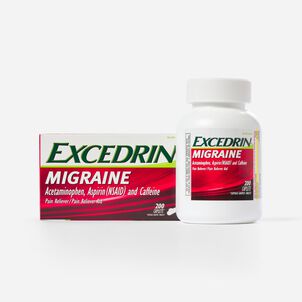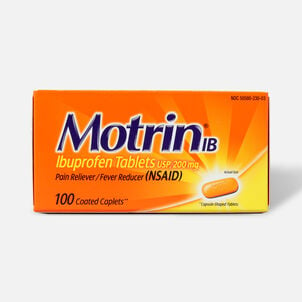The Complete FSA Eligibility List
Here it is — the most-comprehensive eligibility list available on the web. From A to Z, items and services deemed eligible for tax-free spending with your Flexible Spending Account (FSA), Health Savings Account (HSA), Health Reimbursement Arrangement (HRA) and more will be here, complete with details and requirements. Important Reminder: FSAs, HRAs and other account types listed may not all be the same. Be sure to check with your administrator to confirm if something is eligible before making a purchase.
Here it is — the most-comprehensive eligibility list available on the web. From A to Z, items and services deemed eligible for tax-free spending with your Flexible Spending Account (FSA), Health Savings Account (HSA), Health Reimbursement Arrangement (HRA) and more will be here, complete with details and requirements. Important Reminder: FSAs, HRAs and other account types listed may not all be the same. Be sure to check with your administrator to confirm if something is eligible before making a purchase.
Allergy Medicines: FSA Eligibility
Allergy Medicines: eligible with a Flexible Spending Account (FSA)FSA Eligible Allergy Medicine
What are allergies?
Allergies are a direct immune response after allergens enter or come into contact with the body and produce an allergic reaction. These allergic responses are caused by the body's natural ability to produce antibodies, which typically ward off foreign invaders and fight infections in the body. However, when an allergen (such as dust, pollen or pet dander) is introduced to the immune system, antibodies will recognize this as a potential threat (when it is actually harmless), and will trigger an immune system response that can manifest itself as sinus, digestive system, skin or respiratory issues (Mayo Clinic).
How do allergy medicines work?
There are various over-the-counter (OTC) eye drops available in pills, inhalers, nasal sprays and eye drops, but they differ in their abilities to treat specific symptoms and potential allergy flash points. Here are the most common allergy medicines on the market and how they function via Mayo Clinic:
- Antihistamines: These are the most common allergy medicines and are designed to prevent the effects of a substance called histamine, which is naturally produced in the body and causes the itching, sneezing and watery eyes that are associated with allergic symptoms. Antihistamines block histamine from reaching receptors throughout the body, which in turn will limit allergic reactions after the body comes into contact with allergens.
- Decongestants: These medications are specially designed to combat nasal congestion and the inflammation that it triggers. Swelling of nasal passages in the nose produces excess fluid and mucous, while the same can also occur in the eyes causing redness. Decongestants act as an anti-inflammatory to shrink blood vessels and relieve symptoms brought about by an allergic reaction.
- Steroids: Also known as corticosteroids, these medications are designed to treat year-round allergies and prevent allergy symptoms from arising and sparking the manufacture of histamine in the body. Steroids must be taken daily for about one to two weeks to achieve their full effectiveness, and function very similarly to decongestants by decreasing inflammation and swelling associated with allergic reactions.
- Bronchodilators: Respiratory issues like asthma can be exacerbated during allergy season, which can bring about potentially deadly asthma attacks and other respiratory difficulties. Bronchodilators typically take the form of inhalers to open air pathways to the lungs to improve breathing. Additionally, these newly-opened airways make it much easier for allergy sufferers to expel mucous buildup.
 |
| 

